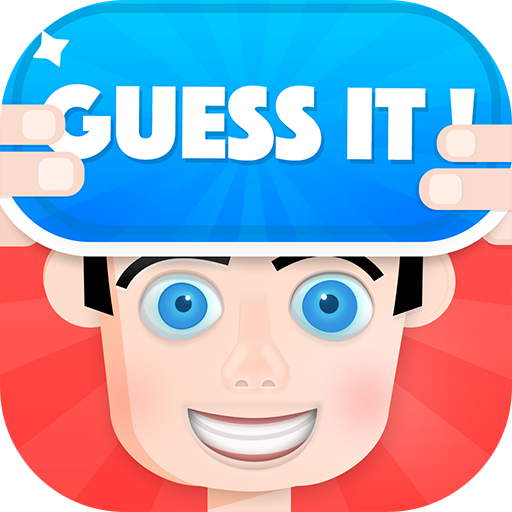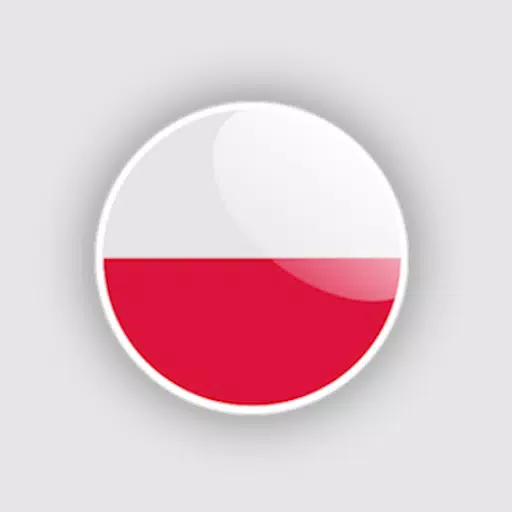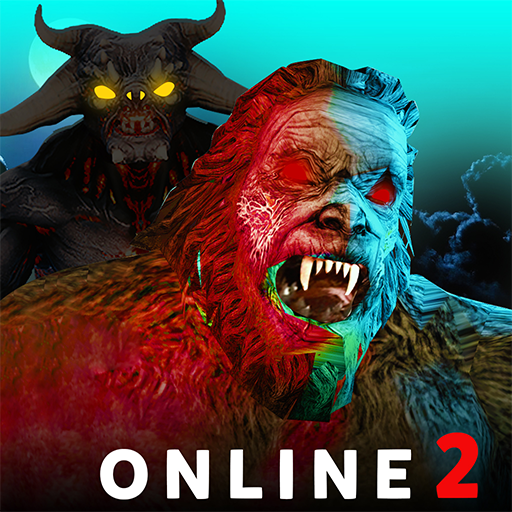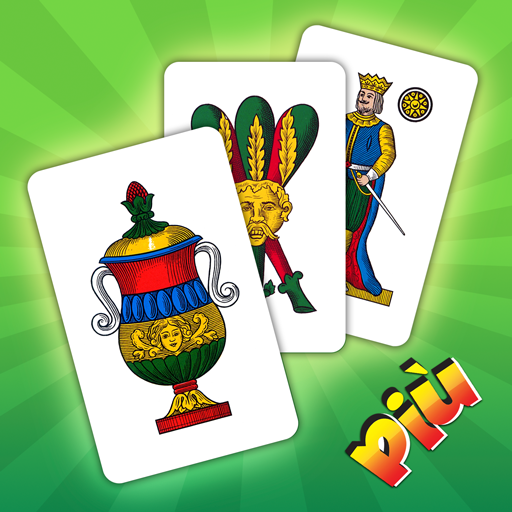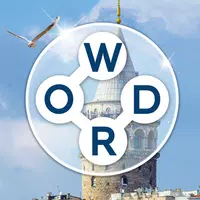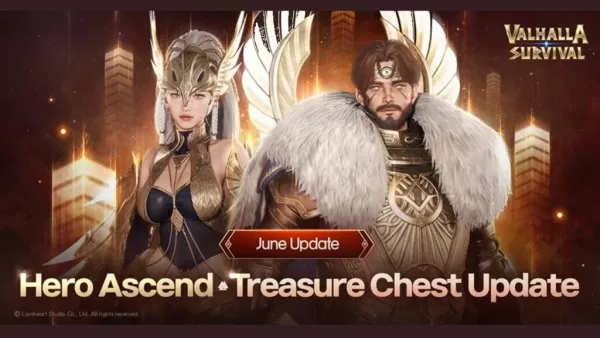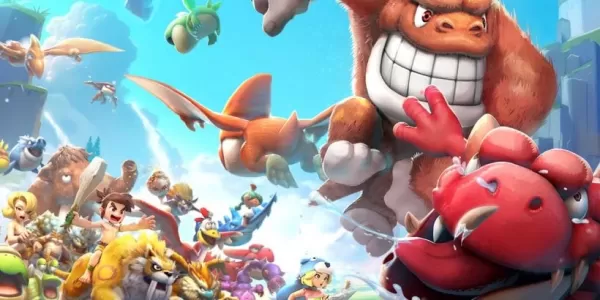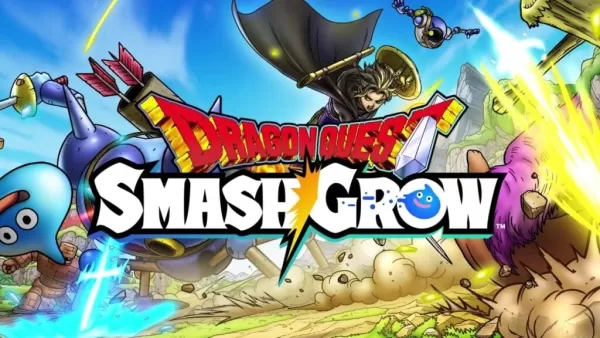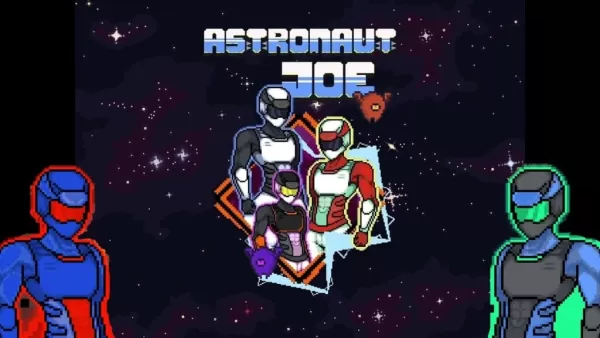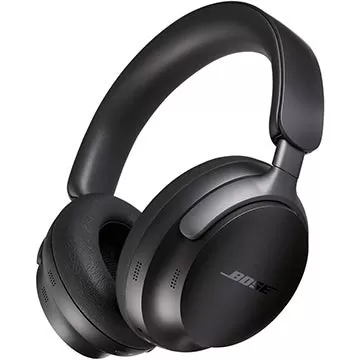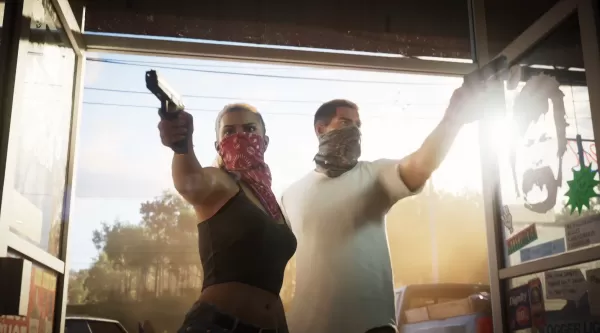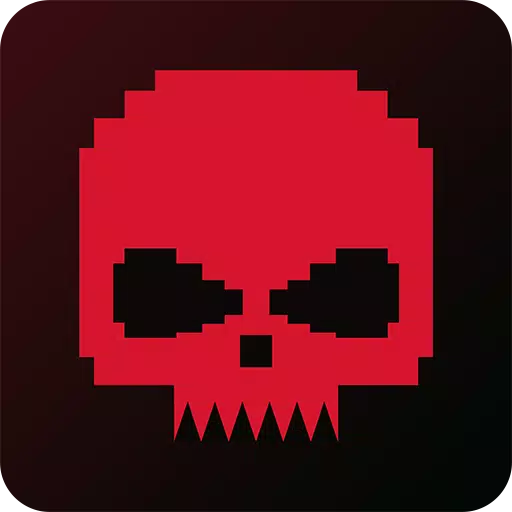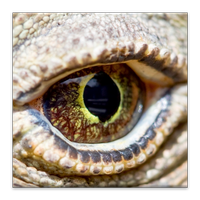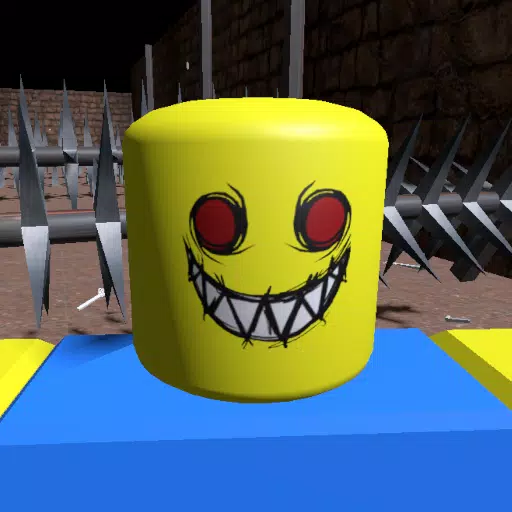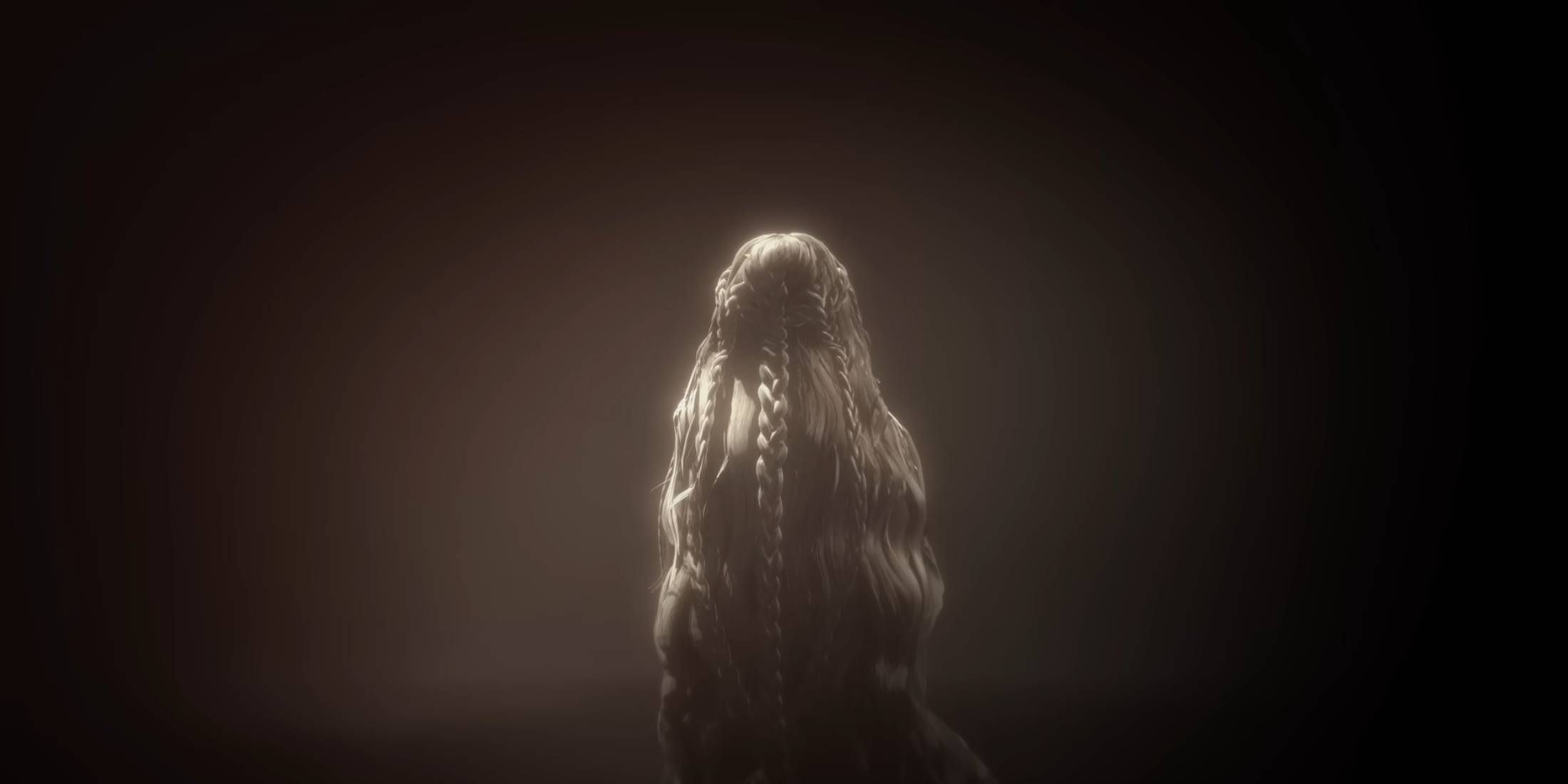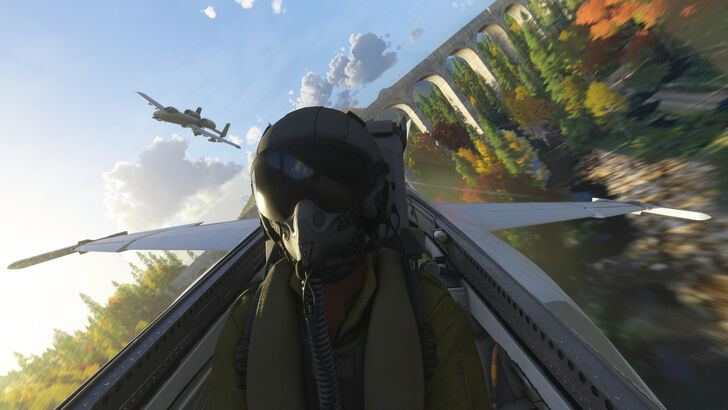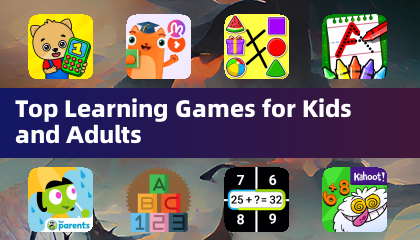DC's Wonder Woman: 5 Years of Cancellations and Uncertainty Post-1984
2025 marks a significant milestone for DC, with James Gunn's Superman film set to kickstart the new DCU theatrically, alongside numerous other film and television projects in the works from DC Studios, and the Absolute Universe making a profound impact in the comics world. Amidst this flurry of activity, one glaring omission stands out: the absence of new developments for Wonder Woman. Created by William Moulton Marston and H. G. Peter, Wonder Woman is a cornerstone of the DC universe and one of the most recognized superheroes globally. Yet, her presence in recent DC franchise media has been notably subdued.
Outside the realm of comics, Diana of Themyscira has faced numerous setbacks in recent years. Her live-action film series fizzled out following the mixed reception of Wonder Woman 1984, and she is conspicuously absent from the current DCU lineup. Instead of focusing on Diana, Gunn and his team have chosen to develop a series about the Amazons. Additionally, Wonder Woman has never had her own animated series, and a much-anticipated solo video game, announced in 2021, was cancelled. This raises the question: What is Warner Bros. doing with this iconic female superhero? Let's explore how Warner Bros. and DC are mishandling Wonder Woman.
One Hit Wonder --------------During the peak rivalry between the Marvel Cinematic Universe and the DCEU in the late 2010s, the first Wonder Woman film emerged as a standout success for the DCEU. Released in 2017, the film garnered largely positive reviews and amassed over $800 million worldwide. Following the mixed reception of Batman v Superman and Suicide Squad, Patty Jenkins' portrayal of Diana resonated with audiences in a way that previous DC films had not. While the film wasn't flawless, with third act problems and Gal Gadot's performance focusing more on action than character depth, it still laid the groundwork for what should have been a thriving franchise.
However, the sequel, Wonder Woman 1984, released in 2020, was a stark disappointment. It divided critics and failed to recoup its budget at the box office, exacerbated by its simultaneous release on HBO Max during the COVID-19 pandemic. Beyond external factors, the sequel's narrative inconsistencies, tonal shifts, and controversial elements—such as Diana having sex with Chris Pine's Steve Trevor while he occupied another man's body—did not help its case. The sequel was a lackluster follow-up that failed to capitalize on the original's success.
Despite the sequel's shortcomings, it's puzzling that Wonder Woman was sidelined. Development on a third film was phased out, and there's been no progress on another Wonder Woman feature since. Given the multiple reboots enjoyed by characters like Batman and Spider-Man, it's disheartening to see Wonder Woman left behind after one underwhelming film. Other media could have compensated, but Wonder Woman's presence has been notably sparse across the board.
Diana Prince, Missing in Action
With the new DCU launching a fresh slate of adaptations, one might expect Wonder Woman to be a focal point. Yet, the ambitious Chapter One: Gods and Monsters lineup from DC Studios, led by James Gunn and Peter Safran, omits a standalone Wonder Woman project. Instead, it prioritizes lesser-known characters like Creature Commandos, Swamp Thing, Booster Gold, and The Authority, alongside new iterations of Superman, Batman, and Green Lantern. While there's nothing wrong with exploring niche IP, as Gunn did successfully with Guardians of the Galaxy, the absence of Wonder Woman is striking.
DC Universe: Every Upcoming Movie and TV Show
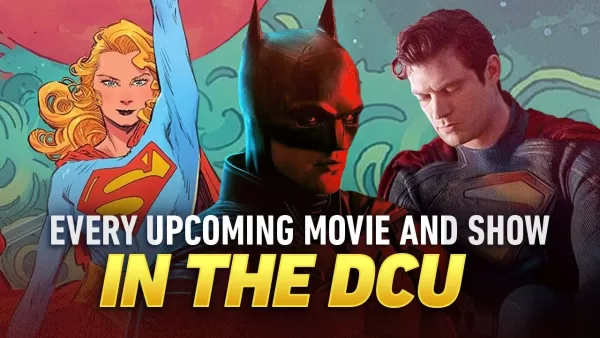
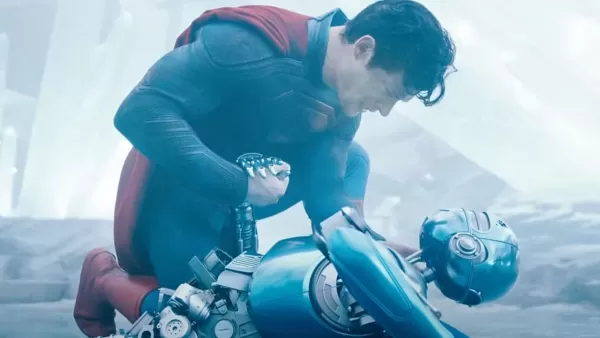 View 39 Images
View 39 Images
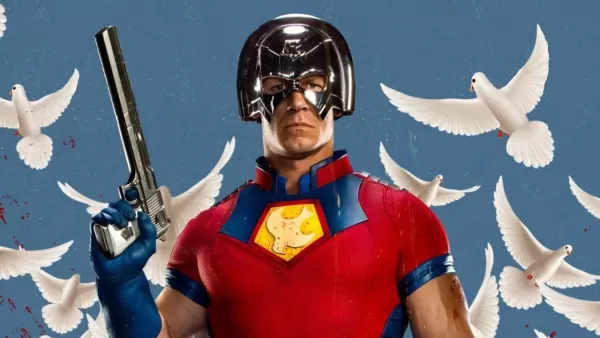
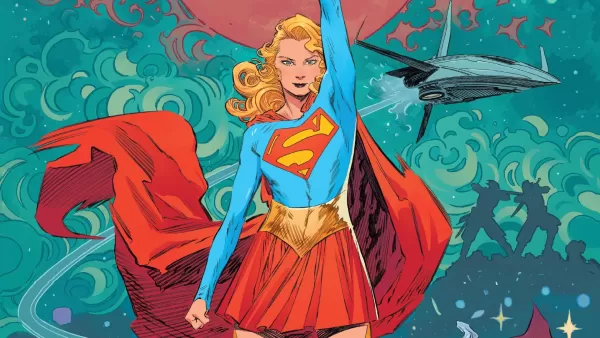
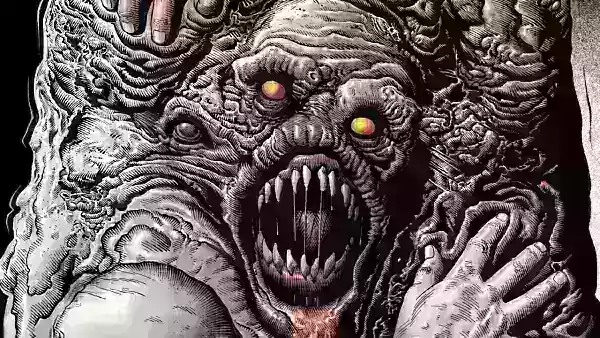
The DCU has announced Paradise Lost, a series focusing on the Amazons of Themyscira set before Wonder Woman's birth. While exploring the Amazons' history adds depth to Wonder Woman's mythology, creating a show about her franchise without her feels reminiscent of the Sony Marvel Universe. This raises questions about DC Studios' priorities: why rush to launch another Batman project potentially leading to two concurrent live-action franchises, yet neglect a Wonder Woman project?
This treatment of Wonder Woman mirrors a historical pattern. Although she was a key figure in the DC Animated Universe's Justice League and Justice League Unlimited in the '90s and early 2000s, she never received her own solo animated series. Even after nearly a century since her debut, she lacks a dedicated animated show. While she appears regularly in DC Universe's direct-to-video animated films, she has only starred in two: Wonder Woman in 2009 and Wonder Woman: Bloodlines in 2019. Given the popularity of superhero media over the past decades, it's baffling why a Wonder Woman project remains elusive.
AnswerSee ResultsLet Me Play as Wonder Woman, Dammit -----------------------------------The cancellation of the Wonder Woman game by Monolith Productions adds insult to injury. While it's unclear if other DC games like Suicide Squad: Kill the Justice League and MultiVersus being commercial failures contributed to its demise, the long development time ending in cancellation feels like a missed opportunity. This would have been Diana's first leading role in a video game. With character action games experiencing a resurgence, the timing seemed perfect for a Wonder Woman game akin to God of War or Ninja Gaiden.
Yes, Diana has been playable in games like Injustice, Mortal Kombat vs. DC Universe, and LEGO DC titles, but these don't suffice. There's no justifiable reason why Wonder Woman doesn't have a AAA action game. DC's failure to build on the success of Rocksteady's Batman Arkham series with games featuring Wonder Woman, Superman, and the Justice League is a glaring oversight. It's particularly galling that Diana's first appearance in the Arkham timeline, in Suicide Squad: Kill the Justice League, saw her killed off as a non-playable character, while the male Justice League members survived as evil clones.
The lack of progress in Wonder Woman's film franchise, absence of a dedicated animated series, and poor video game representation reflect a lack of respect from Warner Bros. and DC for one of their most iconic characters. If they show such disregard for the third most prominent hero in their roster, it casts doubt on their commitment to the broader DC universe. Hopefully, Gunn's Superman reboot will herald a new era of DC adaptations, but as Warner Bros. relaunches their franchise, they must recognize the value Diana Prince brings. After nearly 100 years, she and her fans deserve better.
